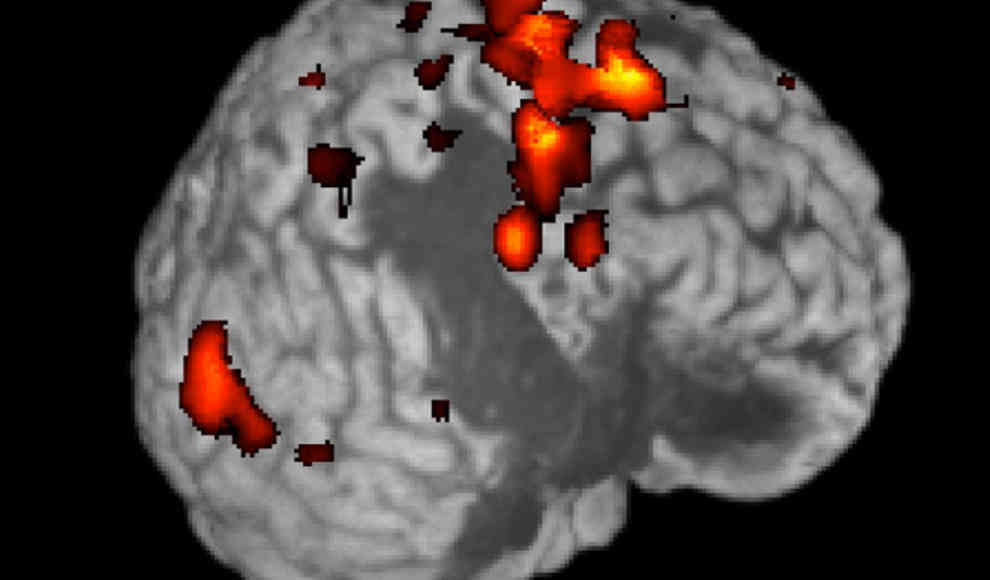A new hope for Parkinson’s patients has emerged in the form of a brain implant. For many patients, brain stimulation is proving to be more effective than medication. While medication can initially suppress uncontrollable tremors, it becomes problematic when it no longer works. A German-French study led by Günther Deuschl from the University Hospital Schleswig-Holstein in Kiel found that deep brain stimulation, also known as a brain implant, can significantly improve the quality of life for certain Parkinson’s patients as early as the fourth year of the disease. The study examined whether the procedure could help patients who no longer respond to medication.
251 German and French Parkinson’s patients with an average age of 52 participated in the study. On average, the patients had been suffering from Parkinson’s for about seven years, and medication had lost its effectiveness after 1.7 years. Half of the patients continued to receive medication, while the other half received deep brain stimulation in addition to medication. The stimulated patients experienced significant improvements in mobility, social participation, and ability to work. Overall, the quality of life of the patients who received deep brain stimulation improved by 26%, while the medication dosage decreased by 39%.
While the results are promising, the procedure does come with significant risks. 22 of the 124 operated patients experienced serious complications during the operation. However, for patients who no longer respond to medication, deep brain stimulation offers a new hope for a better quality of life.










